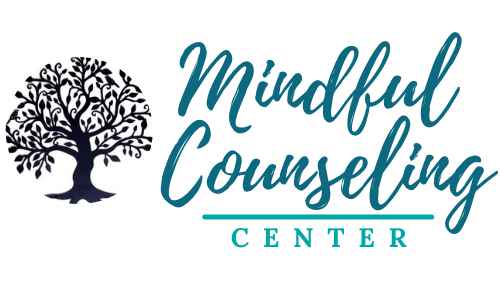Modern Relationships: How to Stay Connected

In these hectic times, many couples juggle numerous responsibilities simultaneously. It seems like the modern lifestyle leaves us little time to focus on our most significant relationship. However, with a little practice and perseverance, even the busiest of couples can keep their relationship going strong. Here are a few suggestions.
Let your partner know how much you appreciate him, her or them. Appreciation helps to create a positive, caring environment – it has a tremendous “ripple effect” on the relationship. Notice when your partner does something helpful and let him/her/them know that you noticed. Resolve to tell your partner at least one specific quality or action that you are thankful for every day (e.g., doing the dishes, giving the kids a bath, cleaning the yard, etc.).
Schedule a regular time to talk (and listen!) to your partner. Turn off the TV, computer, phone, and radio. Find out what sorts of things he/she/they is thinking about/worried about, etc. Take turns listening and speaking. Make these conversations a regular part of your relationship – it’s OK, even necessary for many couples, to schedule the time if you need to in order to make this happen. As little as thirty minutes a week could make a tremendous difference in the direction of your relationship.
When it comes to conflict, there are four ways of treating your partner that will, over time, corrode your relationship. They are: criticism, defensiveness, contempt, and stonewalling. According to John Gottman, Ph.D., if these four behaviors are your primary way of relating, the likelihood of divorce is significantly increased.
- A criticism of your partner incorporates an attack on their character, such as “You are so lazy!”
- Adding contempt to the mix is a guaranteed way to create even more acrimony and distance between partners. Contempt can be conveyed in the way something is said or through non-verbal actions, such as rolling your eyes when your partner speaks.
- Defensiveness, as the name implies, means that you defend yourself as the primary way of responding to your partner’s complaints.
- Stonewalling refers to one person “shutting down”, which can include becoming silent, walking away, and not communicating.
So what should you do? When you have an issue with your partner, tell him, her or them specifically what concern you have. Do not throw in several issues at the same time – that will only lead to defensiveness. Take responsibility for your part in conflicts (as opposed to attacking your partner and defending yourself). Make efforts to repair a conversation that may have gone downhill. You can do that by apologizing if needed, asking for a “do-over”, or some other effort that tells your partner you are serious about improving your communication. Once you begin to let down some of your defenses, your partner is more likely to as well. This response helps make it safe for your partner to confide in and trust you.
If you feel overwhelmed with emotions, you may be “flooded”, which is what can happen when someone feels threatened, fearful, or angry. It is also known as the “fight or flight” response, when adrenaline is released into the body. It causes your heart rate and blood pressure to rise, and produces a clammy, sweaty feeling, making your breathing more shallow and rapid. If you feel any of these when you’re arguing, it’s best to take a break and calm yourself before continuing the conversation. Deep breathing and relaxation exercises are excellent ways to slow down that “fight or flight” response. I recommend that couples wait at least 30 minutes before resuming the conversation.
Don’t wait to get help if you are in a troubled relationship. On average, couples wait six years before they get help, if they seek help at all. Unfortunately, the longer you wait, the more difficult it becomes to repair and rebuild the relationship. That is because negative patterns of communication can set in that become the typical way of relating to your partner. Of course, if you have been in an unhappy relationship for some time, therapy can still provide a significant boost to your relationship and should be considered at any stage of a significant relationship.
Written by Patrick R. Connelly. Patrick is a Licensed Clinical Social Worker (LCSW) specializing in keeping couples connected. For more information on counseling services offered by Patrick, visit www.relationship-institute-nj.com. Patrick is also the owner and the CEO of the Mindful Counseling Center. Couples counseling is also available with therapists at the Mindful Counseling Center.
Reference: John M. Gottman, The Seven Principles for Marking Marriage Work.
Related: Mindfulness Matters Tip Sheets. Scroll down to Relationships and click for the FREE PDF download.
